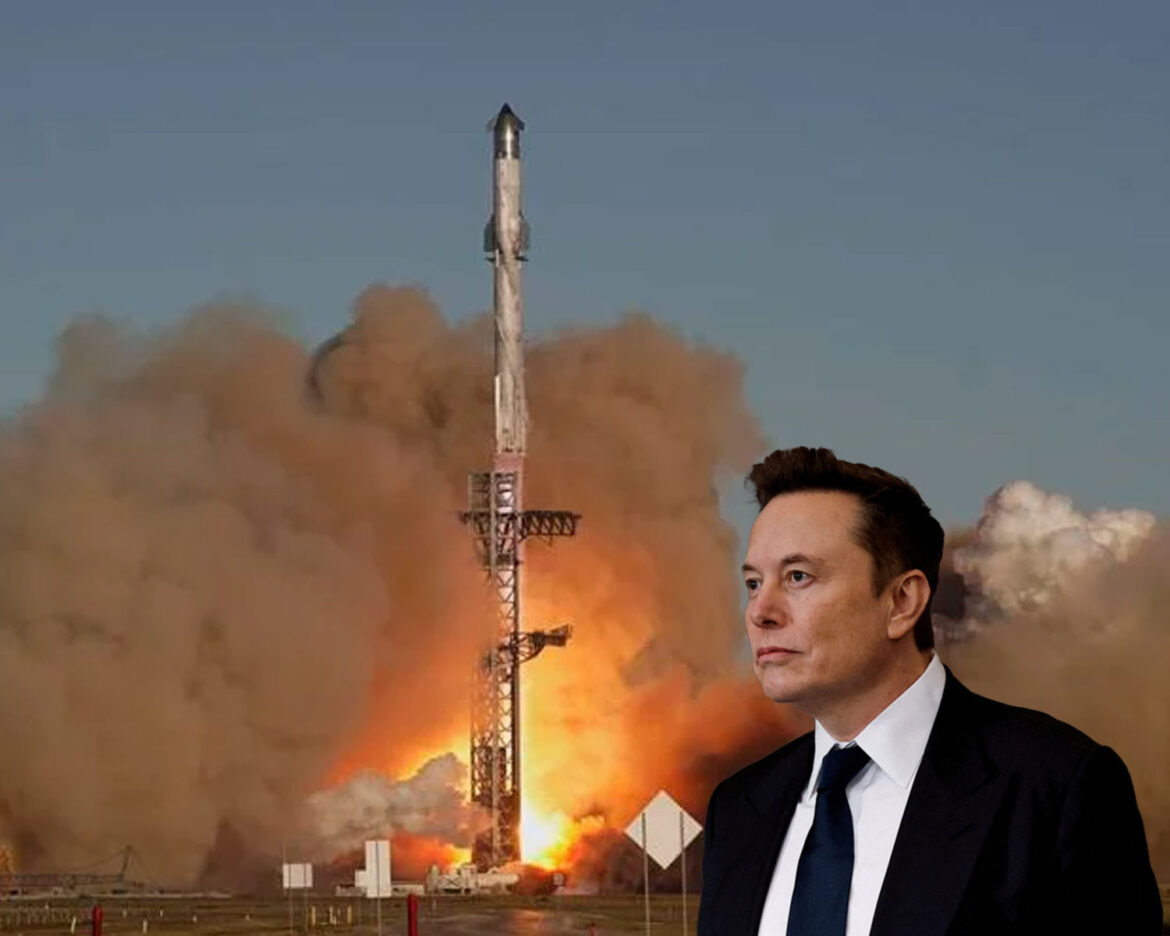SpaceX’s ambitious journey toward Mars faced another setback as the 9th test flight of its Starship rocket ended in failure, dealing a fresh blow to Elon Musk’s long-standing dream of interplanetary travel.
The massive stainless-steel rocket, launched from the Starbase facility in Boca Chica, Texas, soared into the sky with thunderous force. However, moments after reaching a critical phase of its trajectory, the spacecraft experienced a catastrophic failure that forced mission controllers to terminate the flight prematurely.
SpaceX has not yet disclosed the exact cause of the malfunction, but initial reports suggest a possible issue with the second-stage engine or structural failure during reentry.
Despite previous test failures, Musk has remained optimistic, calling each flight a “learning opportunity.” However, the repeated setbacks have fueled skepticism over the feasibility and safety of the Starship program, which Musk claims will one day carry humans to the Moon and Mars.
“Failure is tough, but it’s also part of the process,” Musk tweeted shortly after the incident. “We’ll be back stronger with Flight 10.”
This marks the third major failure in the past five Starship tests, raising concerns about the timeline for NASA’s Artemis program, which plans to use a variant of Starship to land astronauts on the Moon by the late 2020s.
While SpaceX engineers begin yet another round of assessments and redesigns, the world watches closely—wondering whether Musk’s Mars mission is a visionary leap or a dream too far.



